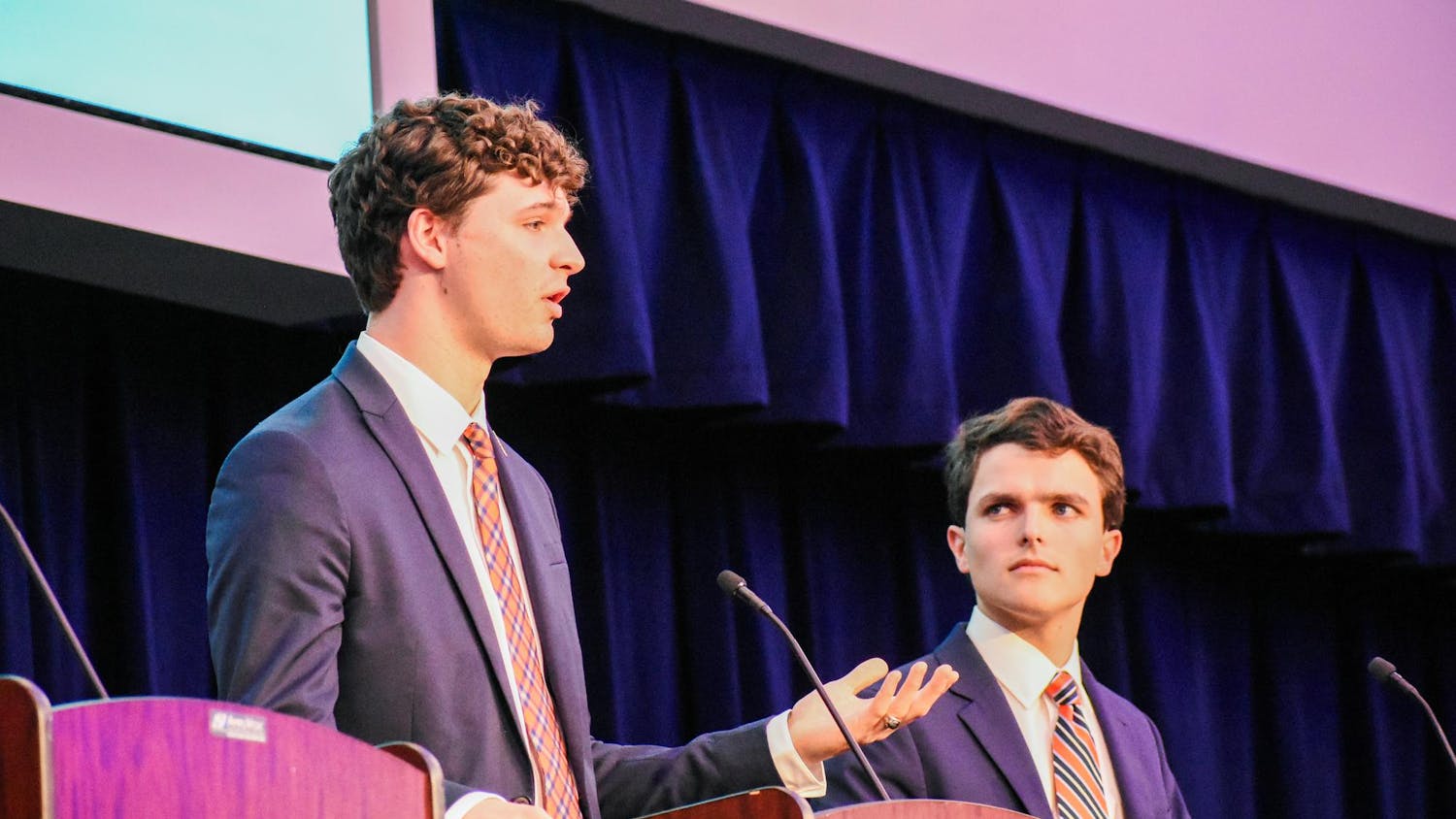A North Carolina massacre and its effects still resonate 30 years after its occurrence with the help of an independent film that documents the event.
Auburn University's Office of Diversity and Multicultural Affairs, along with the department of geology and geography, brought award-winning and nationally known documentary film-maker Andy B. Coon to show and discuss his award-winning documentary, "Greensboro's Child," Thursday in the Haley Center Auditorium.
"This documentary means a lot to me, and I feel really honored that Auburn asked me to come here to present this film," Coon said.
"Greensboro's Child" is an hour-long documentary written, shot, directed, scored and produced by Coon.
"I wrote a paper on the Greensboro's Child and I felt like this was a great opportunity to meet Andy Coon," said Roderick Robinson, junior in psychology. "This gives me the a chance to get more insight on what happened and compare my perspective with (Coon's)."
Coon said he began working on the documentary in college as a class project.
He later went back to the project to add more in-depth details, including corruption and conspiracy of Greensboro city officials.
The film took Coon five years to complete and has two story lines.
The first story line involves the massacre of five people and the wounding of 10 others at a rally for better work conditions.
The violence was incited by the Klu Klux Klan and a Nazi group in Greensboro, N.C., Nov. 3, 1979.
The other story line is about Kwame Cannon and his imprisonment.
The two stories correlate because Kwame Cannon was given a double-life sentence for six counts of non-violent burglary in 1986 for a plea bargain due to his involvement with the massacre of 1979.
Cannon is the son of one of the protesters, Willena Cannon, a lifelong civil rights activist and a member of the victimized protesting group, the Workers Viewpoint Organization.
Kwame Cannon was a child when the massacre took place at the "Death to The Klan" rally.
"A friend of mine lives in the Greensboro area and has been involved in trying to eradicate the Klan for decades," said Andrew Davis, a faculty member of the department of communication and journalism. "I am personally interested in the subject and that is what brought me to the presentation of this film."
In this documentary, Coon takes a look at why Cannon was given such a long sentence for a non-violent crime, but the Klan and Nazi members were found not guilty for their actions.
"The contrast between the crimes presented in this documentary is the most important thing for the viewers to realize," Coon said. "Five people were shot and killed in 1979 and the shooters were found not guilty, but Cannon in 1986 was given two life sentences for burglary."
The film was followed by a panel discussion and audience questions.
The panelist included professor Ivan Watts of the educational foundations, assistant professor Josh Inwood of the department of geology and geography, professor Ruth Crocker in history and women's studies and professor emeritus Larry Gerber.
"This film intersects with a lot of questions of social justice," Inwood said. "I think it is important for a university community to engage those questions of equality and how it relates to criminal justice, race, gender and class."
Do you like this story? The Plainsman doesn't accept money from tuition or student fees, and we don't charge a subscription fee. But you can donate to support The Plainsman.




